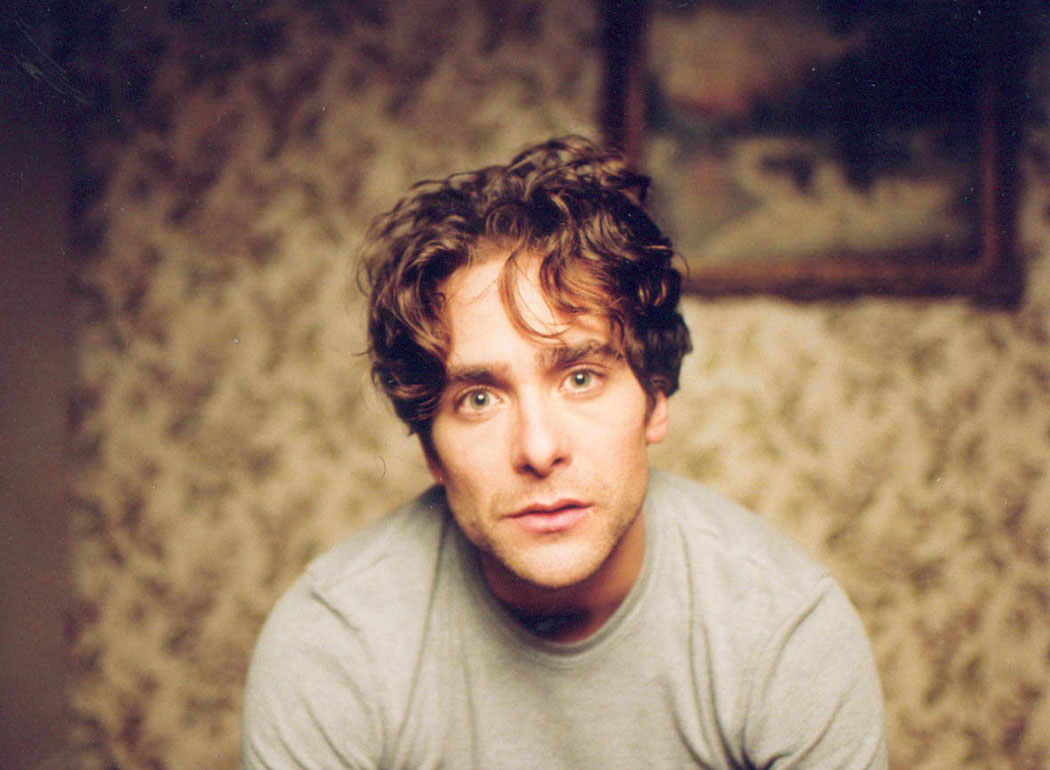Shadows
While on holiday, a young man films his girlfriend, he notices in the background of the picture in his camera, a woman who seems to want to jump from a bridge.
A few seconds and several agitated camera wobbles later, the woman disappears without a trace. Between the shots made before the presence and after the sudden absence of the woman in the background, unravels the question of what has actually happened.
The thriller genre comes packed with moments of over-identification with traumatic, although desire-charged images, which lead to their protagonists mental demise. Shadow, however, is about the actual lack of this kind of image. The missing pictorial event in between, the incident, becomes a fixed idea for the protagonist (Alexander Pschill): he obsessively attempts to fill the gap in the flow of images, begins a video diary, films sleeping hotel guests in neighboring rooms from an obscene proximity, and tries to force his girlfriend Klara (Annett Renneberg) into his voyeuristic, controlling gaze. In the end, the images produced by his camera completely infect him and, with fatal consequences, replace his consciousness.
Markus Engels obscure fragment of a thriller puts its complete trust in the uncanniness of a cameras consciousness become autonomous: the thing that films (the apparatus) produces defects, wipes away traces of memory, generates gaps and dead time, and gains its disturbing energy from the artificially faded materiality of digital video. In this sense, Shadow can certainly be considered a sophisticated genre piece made with the simplest of digital means. Today, when cameras can see and control everything, perhaps the best material for a horror film is what cameras did not capture.
(Michael Palm)
Translation: Lisa Rosenblatt
Schatten
2004
Austria, Germany
22 min

